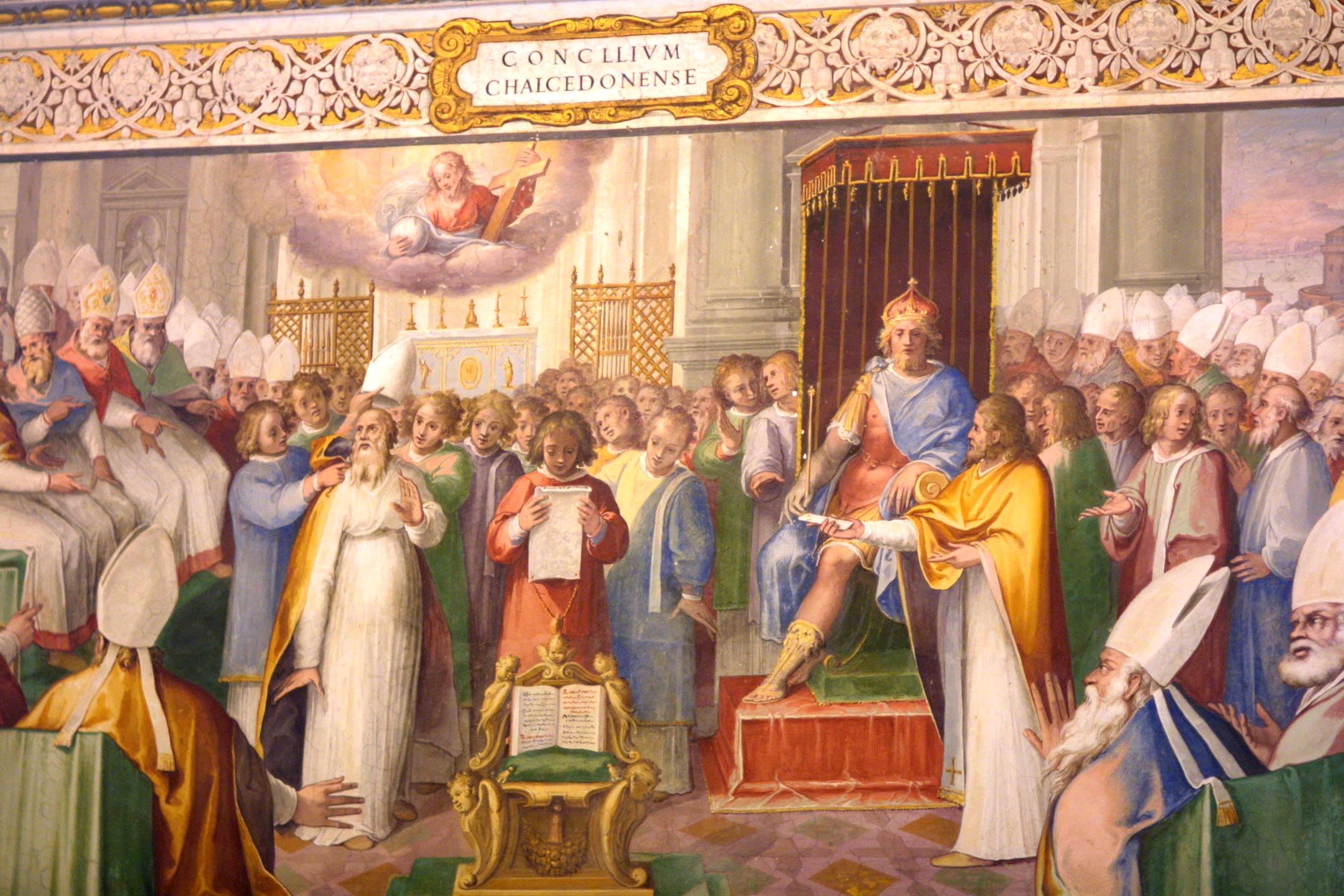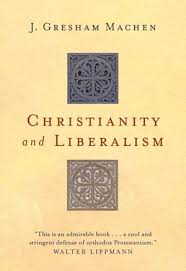I received a question from a reader of my previous post, “Only Saving Faith Promotes Saving Faith and Obedience.” Question: “I would like to humbly request for further clarification with regards to the idea that “only right doctrine promotes saving faith”. “Does the statement imply that those who don’t have right doctrine are not saved.” … Continue reading “Are We Saved by Believing in Right Doctrine?”
I received a question from a reader of my previous post, “Only Saving Faith Promotes Saving Faith and Obedience.”
Question: “I would like to humbly request for further clarification with regards to the idea that “only right doctrine promotes saving faith”. “Does the statement imply that those who don’t have right doctrine are not saved.” The reason I ask is because this is the argument raised by church X that salvation is based on doctrine rather than on a belief in the person of Christ…However my concern is more for those who have a simple child-like faith and who are ignorant either because they happen to be unknowingly stuck in a church that deprives them of sound doctrine or because they happen to be uneducated. Do these people have saving faith without “right doctrine”?
Answer:
Many church leaders have the impression that doctrine entails argument over abstract propositions that distracts Christians from focusing on more important spiritual exercises which build faith and relationships. To correct this false impression I pointed out MLJ’s insistence that doctrine is practical and that “there is an inseparable link between doctrine, spiritual experience and Christian obedience.” I was hoping that MLJ would add weight to my post which was written in a “rah-rah” spirit to get church leaders excited about doctrine.
I am aware of the possibility that the title of the post could be misread. Hence, your question, “Does the statement imply that those who don’t have right doctrine are not saved” does not come as a surprise to me. May I suggest that we read the title for what it affirms positively, “Right doctrine promotes saving faith” without implying the negative possibility, “No right doctrine means no saving faith”?
Some clarifications is in order:
First, while it is our duty to defend right doctrine, nevertheless, we should refrain from drawing definitive conclusions about someone’s salvation simply because of doctrinal difference. That is to say, our focus should be on critiquing wrong doctrine and not on judging people. Ultimately, to judge whether someone is saved or not is the business of God alone. We should humbly leave this matter to the holy God who is not only a God of truth and justice, but who is also a God of mercy. Continue reading “Are We Saved by Believing in Right Doctrine?”


